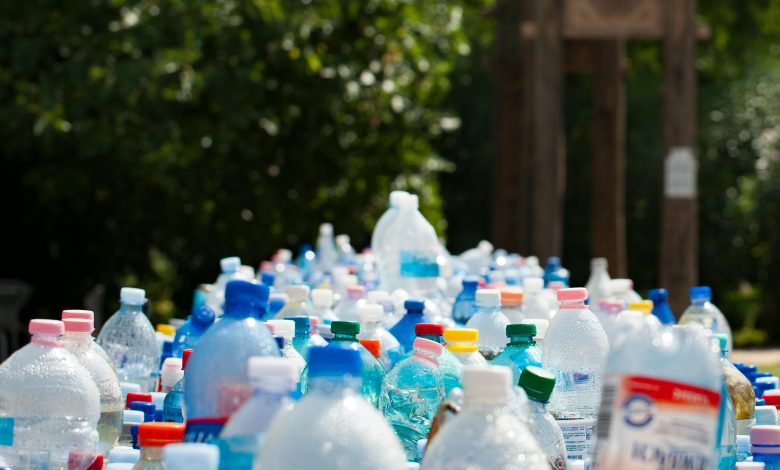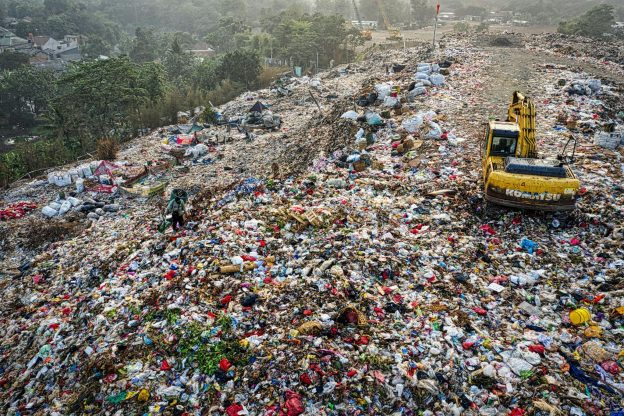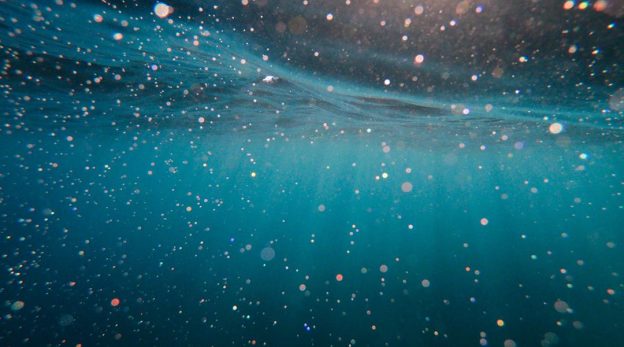Plastics: A Double-Edged Sword in Modern Society

Plastics have become an integral part of our daily lives since their widespread adoption in the mid-20th century.
These versatile synthetic materials have revolutionized countless industries, from packaging and consumer goods to medical devices and construction materials.
However, as our reliance on plastics has grown, so too have concerns about their environmental impact.
The Benefits of Plastic
Plastics have become ubiquitous in modern society due to their numerous advantages:
These benefits have made plastics an essential material in our daily lives, contributing significantly to technological progress and improved living standards.
The Ill Effects of Plastics
Environmental Pollution
Plastic waste has become one of the most pressing environmental issues of our time.
As non-biodegradable materials, plastics accumulate in landfills and natural environments, persisting for thousands of years.
This accumulation leads to widespread pollution, particularly in marine ecosystems. Oceans and waterways are increasingly choked with plastic debris, endangering marine life and disrupting delicate ecological balances.
The long decomposition times of plastics mean that every piece ever produced still exists in some form, creating a legacy of pollution that will far outlast our lifetimes.
Microplastics: An Invisible Threat
Perhaps even more insidious than visible plastic waste are microplastics – tiny plastic particles less than 5mm in size.
These minuscule fragments contaminate water sources, soil, and even the air we breathe. Microplastics enter food chains at the lowest levels, accumulating in fish and other marine life and eventually making their way into human diets.
The long-term effects of microplastic ingestion on human health are still being studied, but early research suggests potential risks to our digestive and respiratory systems.
Health Concerns
Many plastics contain chemicals that can be harmful to human health.
Compounds like Bisphenol A (BPA) and phthalates have been linked to hormonal disruptions, cancer and other health issues.
These chemicals can leach from plastic containers into food and beverages, especially when exposed to heat or acidic contents.
While regulations have tightened in recent years, concerns persist about the cumulative effects of long-term exposure to these and other plastic-related chemicals.
Fossil Fuel Dependency
The production of most plastics relies heavily on fossil fuels, particularly petroleum.
This dependency not only depletes non-renewable resources but also contributes significantly to greenhouse gas emissions and climate change.
The plastic industry’s reliance on fossil fuels perpetuates our broader societal dependence on these finite resources, complicating efforts to transition to more sustainable energy sources.
Waste Management Challenges
Recycling, often touted as a solution to plastic waste, faces numerous challenges.
Many types of plastics are difficult or impossible to recycle efficiently, and the processes involved can be energy-intensive.
Additionally, improper disposal and inadequate waste management infrastructure in many parts of the world lead to plastics ending up in the environment.
The sheer volume of plastic waste produced globally overwhelms current recycling capabilities, leaving vast amounts to be incinerated or sent to landfills.
Impact on Wildlife
Plastic pollution poses a severe threat to wildlife. Large pieces of plastic debris can entangle animals, leading to injury or death.
This not only affects individual creatures but can also disrupt entire food chains and ecosystems.
Balancing Act: Efforts to Mitigate Plastic’s Negative Impact
Recycling Initiatives Recycling remains a crucial strategy in addressing plastic waste.
Many countries have implemented comprehensive recycling programs, encouraging citizens to sort their waste and providing infrastructure for collection and processing.
Advanced recycling technologies are being developed to handle a broader range of plastics more efficiently.
Chemical recycling, which breaks down plastics into their chemical components, shows promise for dealing with previously unrecyclable materials.
However, these efforts must be coupled with increased public awareness and participation to be truly effective.
Biodegradable Alternatives
The development of biodegradable and compostable plastics offers a potential solution to the persistence of plastic waste in the environment.
Made from renewable resources like corn starch or sugarcane, these materials are designed to break down more quickly and safely.
While not a panacea, biodegradable plastics can significantly reduce the environmental impact of single-use items.
However, proper disposal infrastructure and clear labelling are necessary to ensure these materials end up in appropriate composting facilities rather than conventional landfills.
Regulatory Measures
Governments worldwide are implementing regulations to curb plastic pollution.
These range from bans on single-use plastic items to extended producer responsibility laws, which require manufacturers to be responsible for their products’ entire lifecycle.
Plastic bag taxes and deposit-return schemes for beverage containers have proven effective in reducing plastic waste in countries like Germany.
International agreements, such as the UN resolution to end plastic pollution, aim to coordinate global efforts and create binding commitments to address this issue.
Consumer Awareness and Behavior Change
Education plays a vital role in mitigating plastic’s negative impact.
Campaigns to raise awareness about plastic pollution and its consequences have led to shifts in consumer behaviour.
Many individuals are now opting for reusable alternatives to single-use plastics, such as cloth shopping bags, metal water bottles, and bamboo utensils.
This grassroots movement has put pressure on businesses to offer more sustainable options and has influenced broader policy changes.
Corporate Responsibility and Innovation
Businesses are increasingly recognizing their role in addressing plastic pollution.
Many companies are redesigning their products and packaging to use less plastic or incorporate more recycled content.
Some are exploring innovative materials and delivery systems that eliminate the need for plastic packaging.
Corporate pledges to reduce plastic use and improve recyclability have become common, though the effectiveness of these voluntary measures varies.
While some companies are actually trying to take meaningful and reasonable steps to be environmentally friendly, the vast majority of them are prioritizing profits with actions that seem to be environmentally friendly only on paper.
For example, some brands don’t ship chargers/ audio and other accessories in the phone box. This is harmful to the environment because most people need case and screen protectors for their devices. Many would also require chargers and earphones.
Now that the brand doesn’t provide it in the box, what took one packing and delivery will take two to four additional packing and delivery attempts.
Similarly, replacing plastic straws with paper straws does more harm than good because they can’t be recycled and emit more greenhouse gasses in landfills.
Cleanup Efforts
While prevention is key, addressing existing plastic pollution is also crucial.
Various organizations and initiatives focus on cleaning up plastic waste from beaches, rivers, and oceans.
Technological innovations, such as ocean cleanup systems and river barriers, are being deployed to capture plastic waste before it reaches the open seas.
These efforts, while not a complete solution, help mitigate the immediate impact of plastic pollution on ecosystems and raise public awareness of the issue.
What Can You Do?
Most people feel the need to take some actions to stop plastic pollution and don’t act on it thinking it’s somebody else’s job.
However, the truth is this needs effort from everybody involved.
Plastic is extremely useful to make everything from the pens you use to the shoe soles and waterproof packaging.
While there are alternative technologies, it’s still not affordable for everyone and hence plastics are meant to stay for at least a decade in some form.
But, we can do our part in whatever ways possible by not using single use plastic bottles, straws etc, Insist on metal straws, bottles etc or carry your own.
Learn to recycle plastics instead of throwing them away, and use sustainable alternatives whenever possible.
For example, you can start using detergent capsules to avoid plastic bottles and use the plastic that you already have to store items in your kitchen and bath.
Remember, the goal is not just throwing away but reusing or recycling plastics.
The solution that you can use is Reduce, Reuse and Recycle plastics as much as possible.






